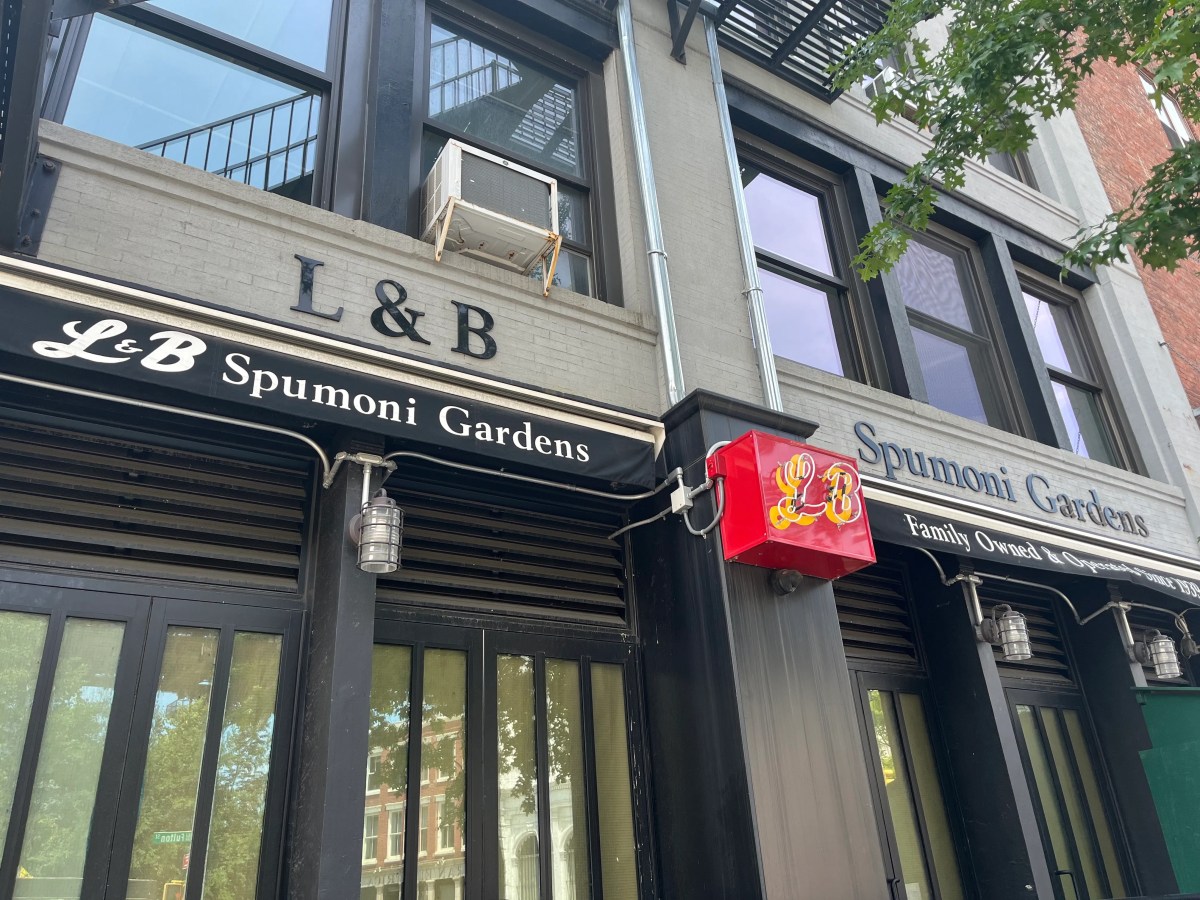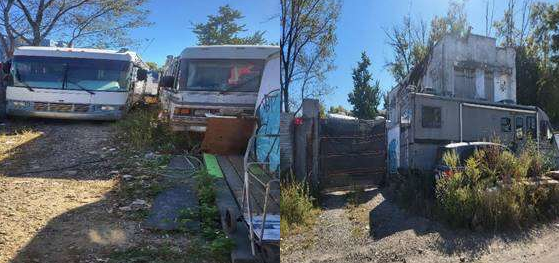By Debbie Blumberg
“Remember, never forget.” The words on the wall of New York’s Museum of Jewish Heritage in Lower Manhattan will come to life this month when the museum hosts a half-day symposium exploring how Holocaust memories are preserved and passed down from generation to generation.
The March 21, 2004 symposium—“Remember, Never Forget”: Preserving and Interpreting Memory After the Holocaust,” is the third of the museum’s four-part educational series dedicated to the Holocaust. The public event will feature experts in literature, history and Judaic studies who will examine both personal and collective Holocaust memories.
“It’s a very distinguished group of people whose names are almost synonymous with [Holocaust] memory itself,” Ivy Barsky, deputy director for programs at the museum, said. “There’s a lot of interest and buzz about the event.”
The symposium will feature three separate panels. Daniel Libeskind and James Young will discuss building and rebuilding memory in the symposium’s closing session at 4 p.m. Libeskind, the son of Holocaust survivors, designed the master site plan for the World Trade Center and Young, a Holocaust scholar, was one of 13 members of the jury that evaluated entries in the World Trade Center site memorial competition.
“One of all of our concerns is that sometimes physical memorials take the place of action, in terms of memory and commemorating the Holocaust,” Barsky said. Libeskind and Young will address this issue and examine the architectural expressions of memory, she said.
Leon Wieseltier, literary editor of the New Republic, and Yosef Yerushalmi, director of the Center for Israel and Jewish Studies at Columbia University, will speak at 1 p.m. on memory, history and the Jews. At 2:30 p.m., Douglas Greenberg and Geoffrey Hartman will talk about preserving memory. Greenberg, the president and CEO of Survivors of the Shoah Visual History Foundation, runs Steven Spielberg’s non-profit foundation that videotapes interviews of Holocaust survivors worldwide. Hartman heads up Yale University’s Fortunoff Video Archive for Holocaust Testimonies.
“Since this subject—memory—is at the heart of what the museum thinks about all the time, we’re very excited to have these distinguished speakers come together,” Barsky said.
The Conference on Jewish Material Claims Against Germany, an organization that works to obtain retributions for Holocaust survivors, co-sponsored the program. The first two sessions of the series dealt with faith, and justice after the Holocaust. The museum is currently planning the fourth and final event for this fall, a seminar on forgiveness and the Holocaust.
—Debbie Blumberg
Reader Services




































